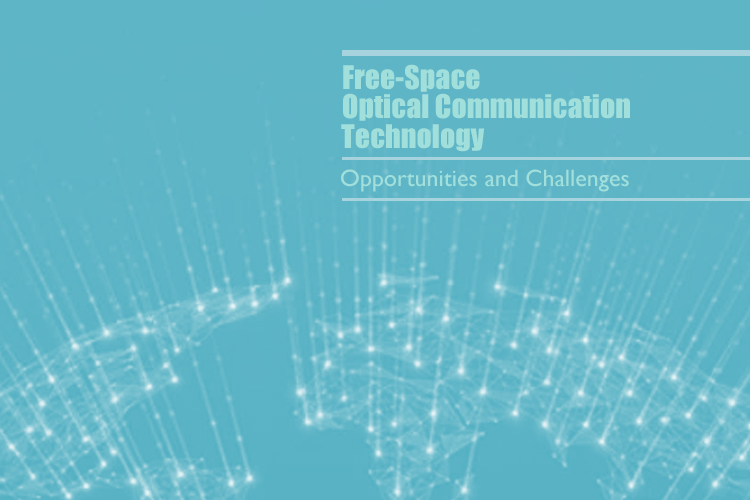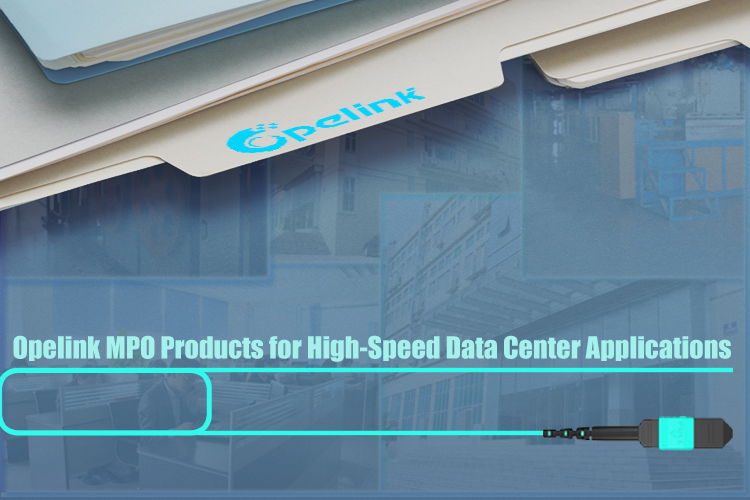Unleashing the Transformative Power of Blockchain Technology
Blockchain, the groundbreaking technology that first gained prominence with cryptocurrencies like Bitcoin, is now poised to revolutionize lives in ways that extend far beyond finance. With its decentralized and immutable nature, blockchain holds the potential to reshape various aspects of society, economy, and daily life. In this article, we embark on a captivating journey into the profound impact that blockchain is set to bring, exploring its latest breakthroughs, trends, and disruptive applications.

1. Transforming Financial Systems:
Blockchain's most notable impact has been on the financial industry. Its decentralized ledger system eliminates the need for intermediaries, reducing costs, enhancing security, and increasing transparency. From cross-border payments to remittances and supply chain finance, blockchain-powered solutions are streamlining processes and enabling faster, more efficient transactions. Additionally, decentralized finance (DeFi) platforms are democratizing access to financial services, fostering financial inclusion for the unbanked and underbanked populations.
2. Revolutionizing Supply Chains:
Blockchain's transparency and traceability features are revolutionizing supply chain management. By providing an immutable record of every transaction and movement of goods, blockchain ensures authenticity, reduces fraud, and enhances trust. Consumers can verify the provenance and authenticity of products, ensuring ethical sourcing and sustainable practices. Additionally, blockchain enables real-time tracking, simplifies logistics, and reduces delays, benefiting industries such as food, pharmaceuticals, and luxury goods.
3. Empowering Digital Identity and Privacy:
Blockchain offers a decentralized solution for digital identity management, giving individuals control over their personal data. Through self-sovereign identity systems, users can securely store and share personal information, reducing the risk of data breaches and identity theft. Blockchain's cryptographic algorithms ensure data integrity, privacy, and consent-based sharing, empowering individuals while redefining the concept of digital identity.
4. Revolutionizing Voting Systems:
Blockchain's tamper-proof nature has the potential to revolutionize voting systems, ensuring transparency, security, and trust in elections. By creating immutable records of votes, blockchain can prevent fraud, manipulation, and enhance the integrity of democratic processes. Blockchain-based voting systems can enable secure remote voting, increase voter turnout, and streamline the vote-counting process, potentially transforming the future of democracy.
5. Disrupting Intellectual Property Management:
Blockchain technology is reshaping the way intellectual property is managed and protected. By creating digital certificates of ownership and timestamps for creations, blockchain provides an immutable record of copyrights, patents, and trademarks. This enables creators to prove ownership, protect their rights, and simplify licensing processes. Blockchain also facilitates micropayments and smart contracts, ensuring fair compensation for creators and minimizing infringement.
As we delve into the transformative power of blockchain, it is essential to consider the challenges and ethical considerations that lie ahead. While blockchain offers immense potential, concerns regarding scalability, energy consumption, regulatory frameworks, and data privacy need to be addressed to fully realize its benefits.
In conclusion, blockchain technology is poised to revolutionize lives across various sectors, exceeding its origins in cryptocurrencies. Its decentralization, transparency, and immutability hold the promise of transforming financial systems, supply chains, digital identity, voting systems, and intellectual property management. By embracing blockchain's potential and addressing associated challenges, society can unlock a future marked by increased efficiency, trust, and empowerment.
Recommended Reading:Blockchain Economy: Revolutionizing Industries in the Era of Web 3.0

 The Future of Fiber Optic Communication Network Architecture: Evolution and the Role of SDON Technology
The Future of Fiber Optic Communication Network Architecture: Evolution and the Role of SDON Technology
 What opportunities and challenges does free-space optical communication technology face?
What opportunities and challenges does free-space optical communication technology face?
 Opelink MPO Products for High-Speed Data Center Applications
Opelink MPO Products for High-Speed Data Center Applications
 CWDM vs. DWDM: Which Optical Transmission Technology Should You Choose?
CWDM vs. DWDM: Which Optical Transmission Technology Should You Choose?